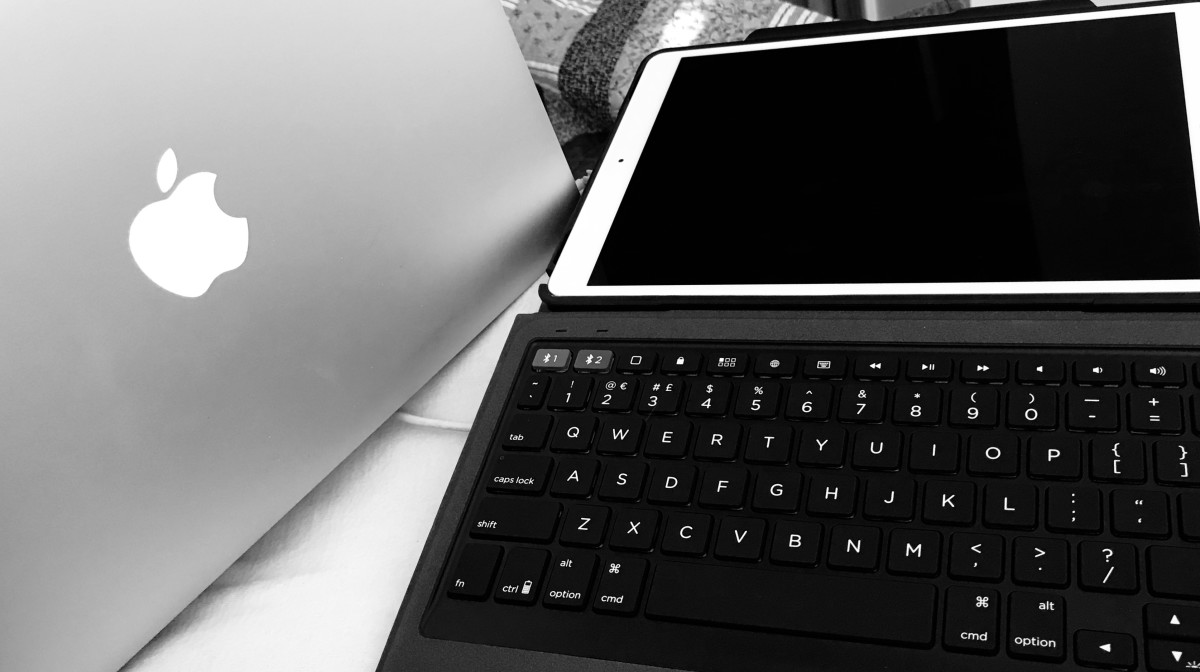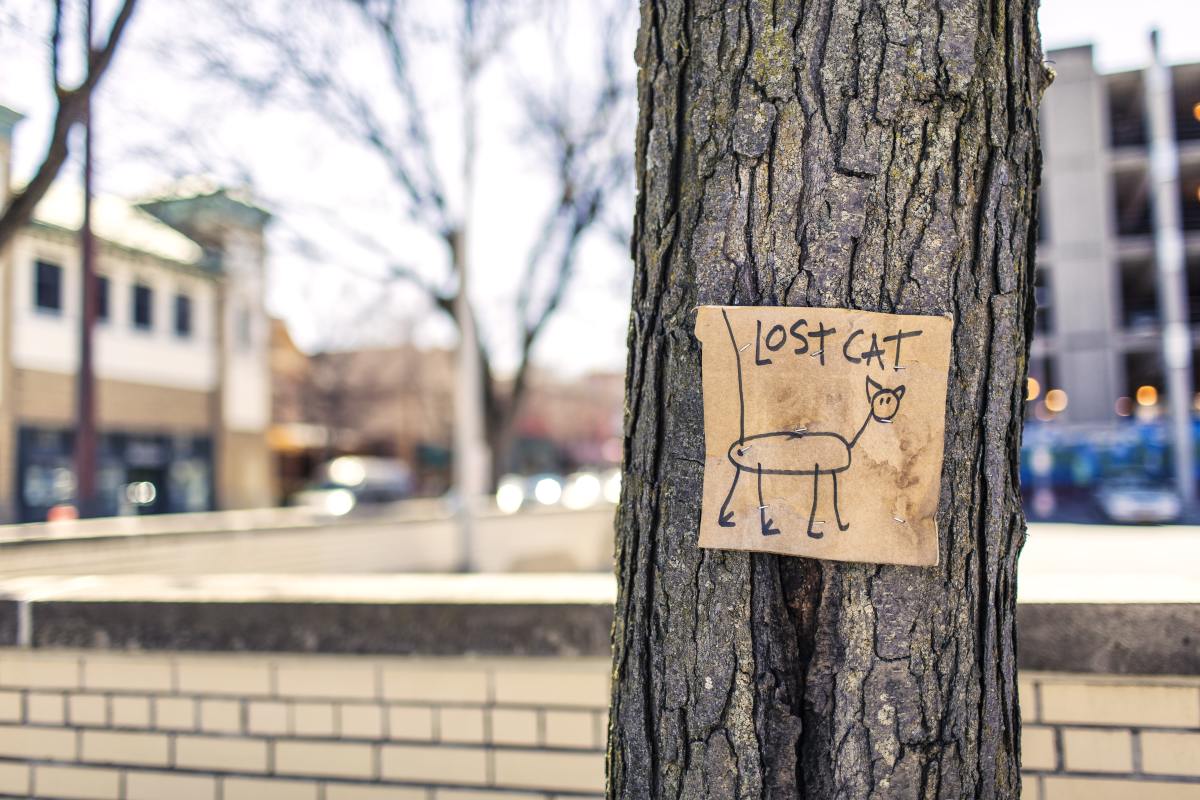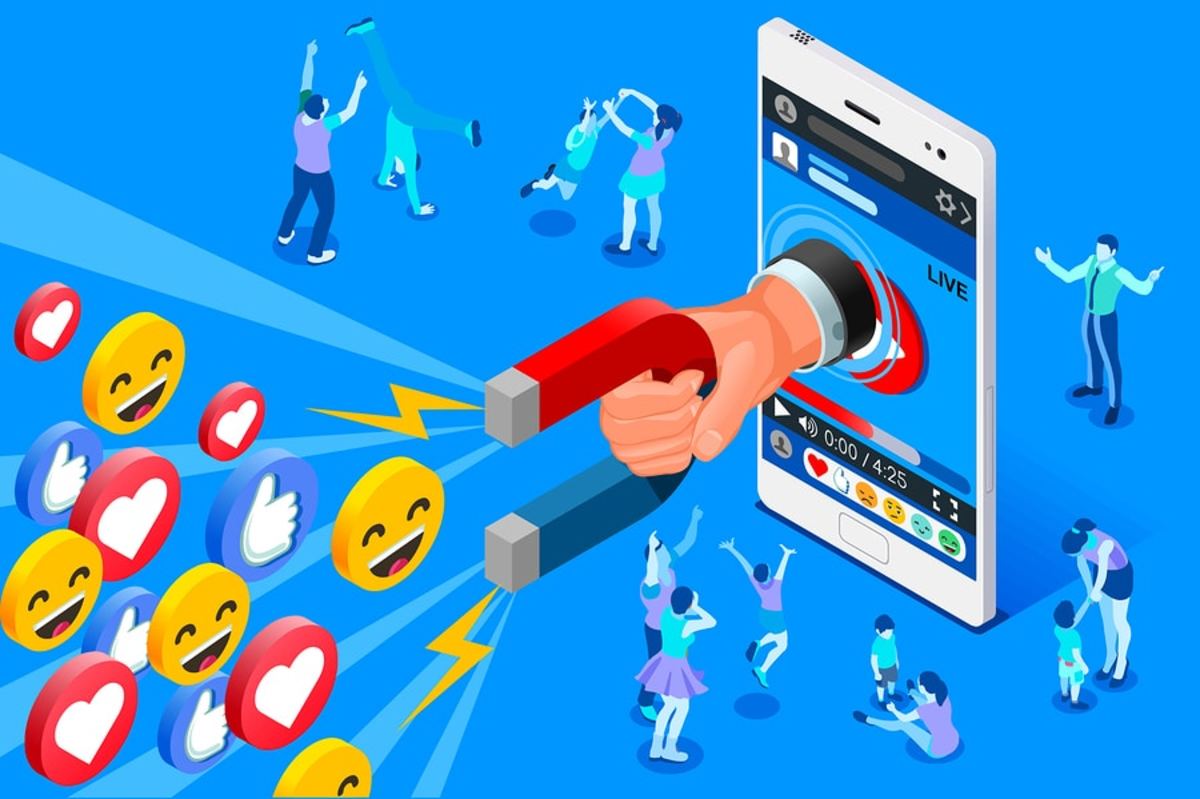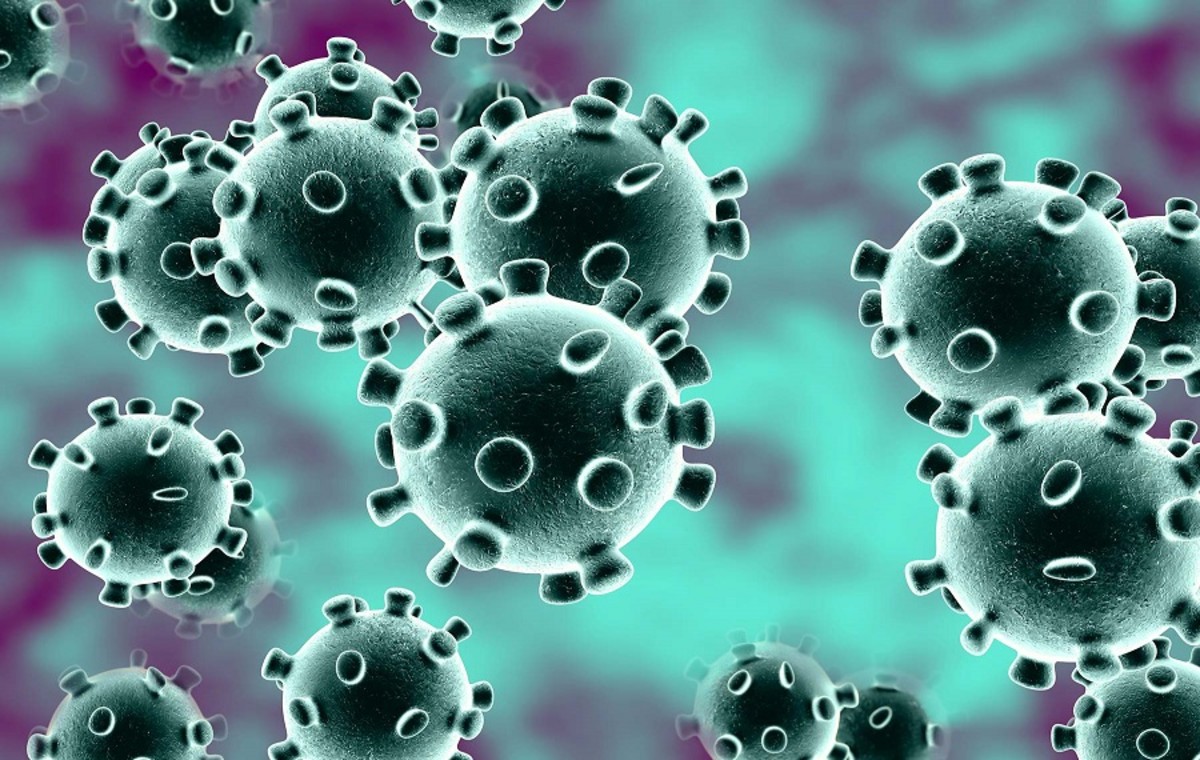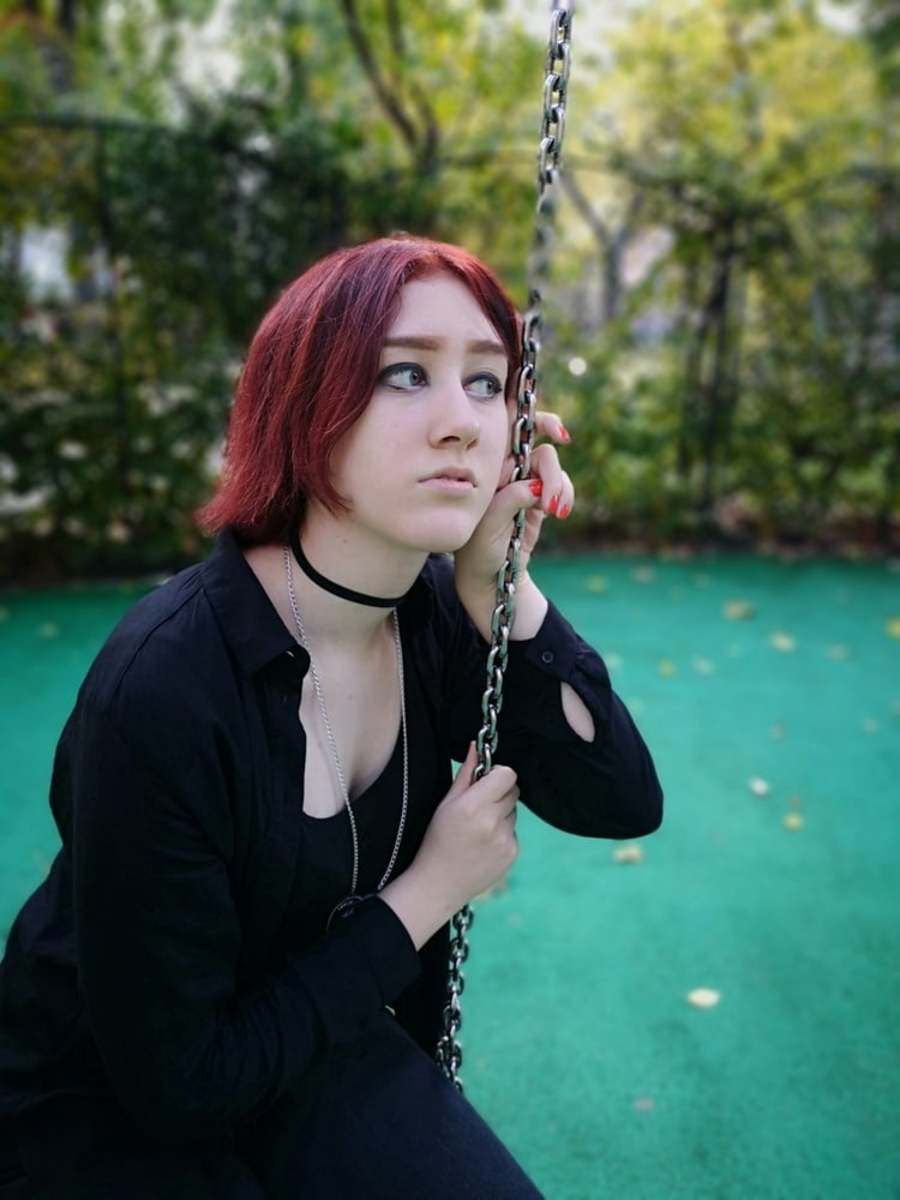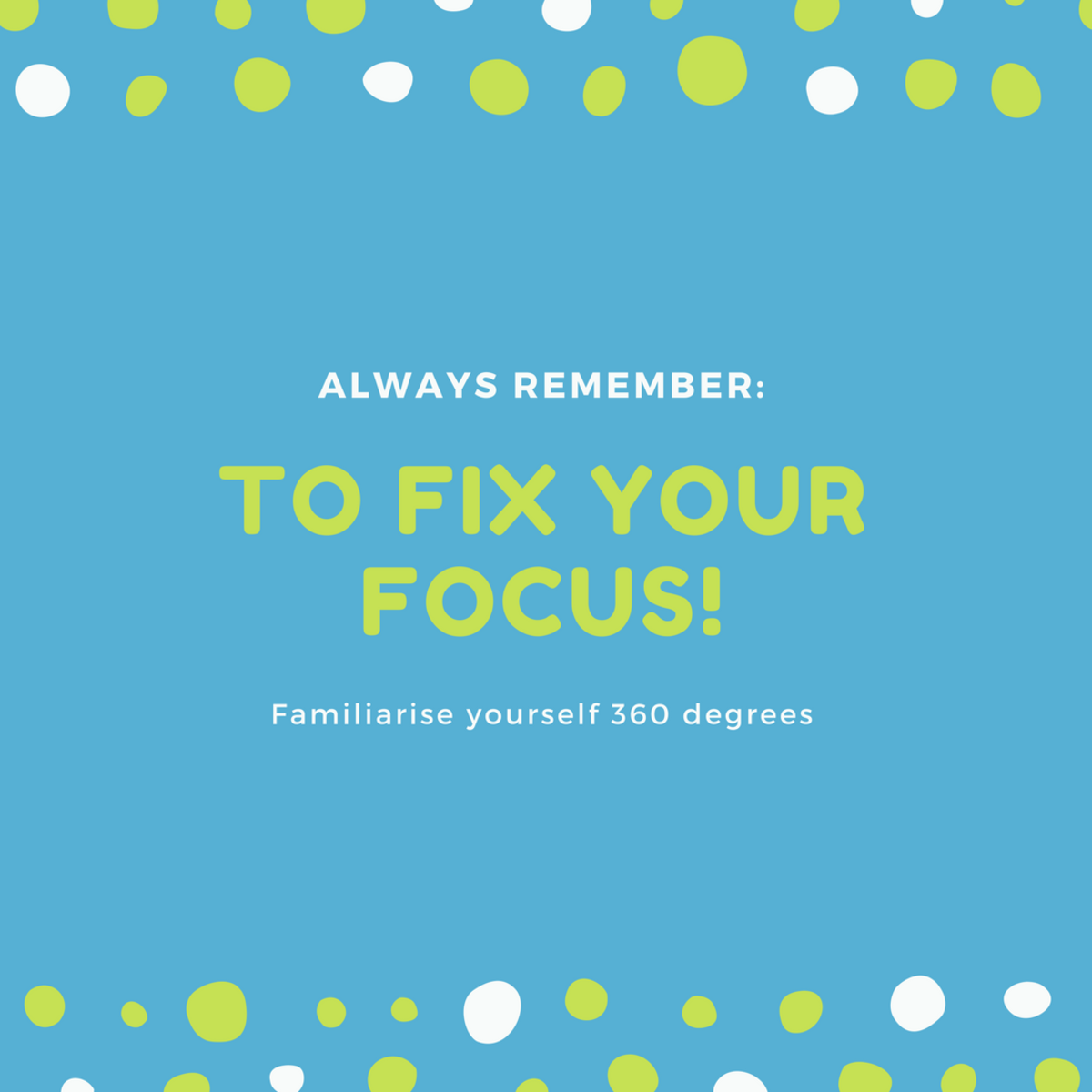- HubPages»
- Health»
- Mental Health»
- Mental Health Self-Help
Depression: Mental Disorder or Social Disorder?
How Social Media Make Us Anti Social
As a child of the '90s, I remember growing up in a neighborhood where everyone knew each other. Neighbors looked out for one another and people actually went outside to speak to people.
But now as a 29-year-old, things have changed so much. Neighbors barely acknowledge each other, going outside seems more like a punishment rather than a fun activity and of course, and the rise of depression in young people.
Social media and lack of true connections may contribute to mental disorders.

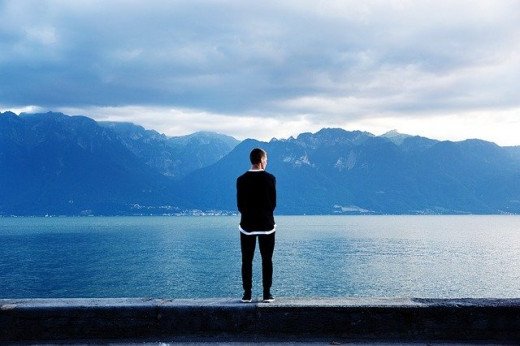
Real World vs. Social Media
Now the depression is nothing new, but the rate at, which is climbing is disheartening. While technology has been beneficial for connecting with people and learning about the world outside our little bubbles, it was also caused us to disconnect from each other. Once upon a time, you could have a diverse group of friends with varying political ideas and even if you disagreed with them, your opinion about their character never changed. Now, a simple disagreement about politics is causing people to block and delete each other out of their lives.
What does any of this have to do with depression? Well, I'm not an expert, but I notice the more we engage in social media, the less social skills we have in the real world. We are not able to form close personal bonds with people in the real world. The lack of a real-life support group makes it difficult for people to recover from the darkness that is depression. We don't know how to respectfully disagree with each other anymore. Any difference in opinion makes one an evil person worthy of alienation. Even romantic relationships are hard to come by. Apps like Tinder and Plenty of Fish creates a hookup culture in which people solely rely on superficial preferences to find a "soulmate".
As we have become a global community, we have lost the sense of community in the physical world. Even in Psychology Today, mental health clinician ShainnaAli Ph.D., LMHC, wrote a two-part series on loneliness. In part two of her article, she says, "In a survey exploring social media patterns, it was found that individuals who spent more time on social media every day felt lonelier than those who spent less time engaged in social media. Additionally, those who spent more time on social media in a given week felt more isolated than those who checked their social media less. An increase in social media use has been associated with increased distractibility and sleep disturbances. Researchers at Vrije Universiteit Amsterdam and Radboud University Nijmegen have highlighted that we experience a pleasure response to social media sites such as Facebook.
We're so addicted to our phones that we isolate ourselves from the people standing right in front of us. Visiting friends for a little visit, sitting on the porch and watching the sunset, or even a walk in the woods can increase your mood. Actually living life instead of obsessing over photoshopped pictures of someone else's life can make a huge difference.
So I challenge you if you feel depressed or overwhelmed. Turn off your social media for a week, call or text a friend and go on a day trip. Sometimes, you just have to unplug yourself.
© 2020 Ashley Rucker

